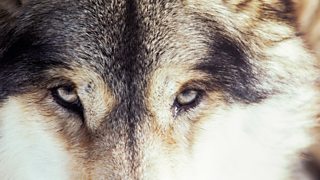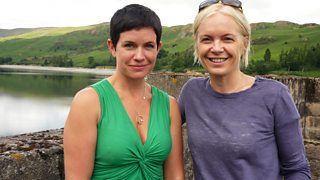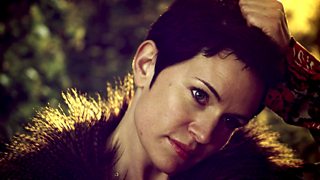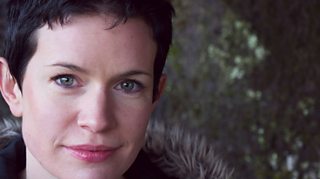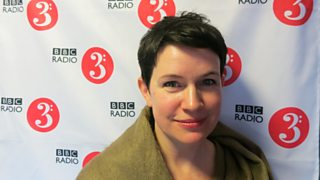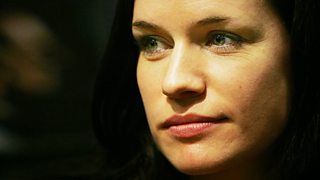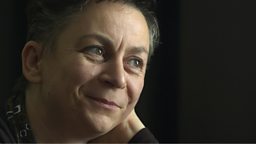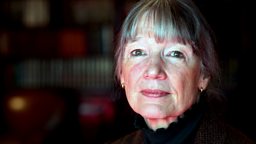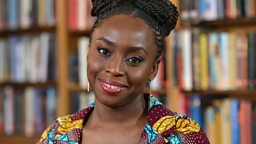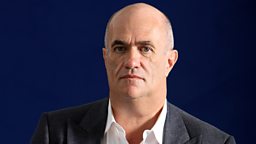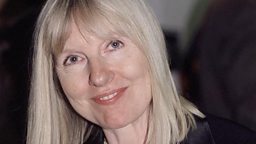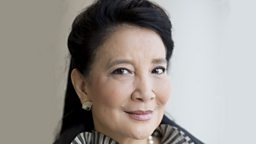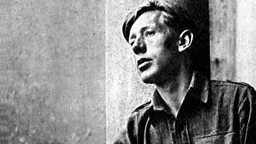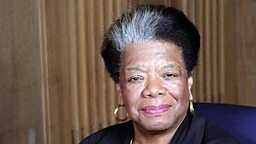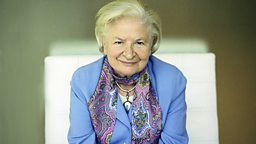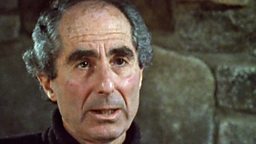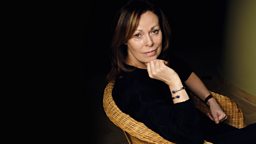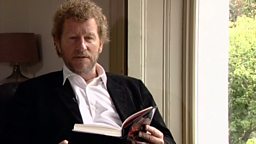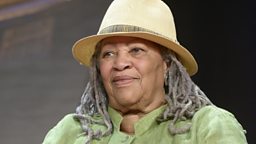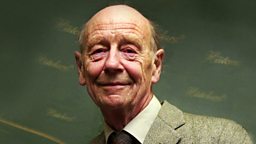Sarah Hall
Sarah Hall has gained a reputation as one of British writing’s great wild voices. At a time when literature celebrating the natural world has become increasingly fashionable, Hall’s works serve as a reminder of the darker side of writing the pastoral.
-
![]()
Sarah Hall's 2015 novel is a compelling story about personal and political borders - about power, land, family and love. At its heart is Rachel Caine, tough, untouchable, an expert on wolves, and long estranged from her home county of Cumbria. Available until 17 June, 2015.
From the archive
-
![]()
Sarah Hall is Open Book's literary guide to Haweswater Dam. Hall was born nearby, and her award-winning first novel Haweswater provides a fictional account of the construction of the dam.
-
![]()
John Wilson speaks to Sarah Hall on Front Row about her magical and uncanny short story Mrs Fox, which was chosen as winner of the 2013 National Short Story Award.
-
![]()
Creative minds choose their favourite cultural work. Sarah Hall picks Blade Runner, the 1982 sci-fi classic directed by Ridley Scott and starring Harrison Ford, Rutger Hauer and Sean Young.
-
![]()
Michael Berkeley talks to Sarah Hall on Radio 3. Her music choices include Puccini, the Welsh lullaby Suo Gan, Dvorak's Song to the Moon, and others that reflect her love of bluegrass and film music.
-
![]()
James Naughtie and readers talk to Sarah Hall in December 2010 about her novel The Carhullan Army, recorded at the Chapter and Verse Literature Festival in Liverpool.
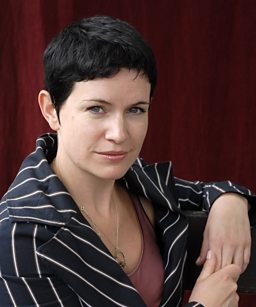
About the author
Born in Cumbria in 1974, after studying at universities in Aberystwyth and St Andrews, Sarah Hall began her writing career as a poet published in several magazines. And her work demonstrates the poet’s attention to the sensual qualities of language.
Read more
Her first novel Haweswater in 2002 charts the disintegration of a community of farmers in Cumbria when their region is earmarked as the location for a new reservoir. The novel introduces a range of ingredients that will return throughout her oeuvre: the atavistic lure of the natural world, the unknowable female protagonist, the setting of the north of England and the tension between progress and tradition. It won the Commonwealth Writers Prize in 2003.
She describes her more experimental second novel The Electric Michelangelo as “an act of exuberance”. Hall says: “I was thrilled to find that I was allowed to be a writer, so I threw everything at it: language, rhyming sentences, non-existent plot.”
Set against the backdrop of bohemian seaside communities in Morecambe and Coney Island and with a richly vibrant tone, it moved the author into new territory and was shortlisted for the Man Booker Prize.
In 2007 she published her third novel The Carhullan Army which is a more streamlined, sleek piece of storytelling and a return the geography her native Cumbria, but the familiarity ends there in this eerie post-apocalyptic novel of tribal warfare and collective living. It is her first novel to use a first person narrator.
As well as being a successful novelist, Hall’s short stories have garnered distinctions from many quarters. Βι¶ΉΤΌΕΔ listeners will know her as a regular highlight of the Βι¶ΉΤΌΕΔ National Short Story Award, for which her story Butchers Perfume was shortlisted in 2012. On Radio 4 Val Mcdermid commented: “When you listen to something like that, there's no doubting the power of fiction to get to the grim heart of things.”
Hall went on to win the award in 2013 with her darkly erotic tale Mrs Fox, described by Chair of judges Mariella Frostrup as “utterly unique”.
Her 2015 novel The Wolf Border investigates the fundamental nature of wilderness and wildness, both animal and human. It seeks to understand the most obsessive aspects of humanity: sex, love, and conflict; the desire to find answers to the question of our existence.
Hall tutors at the Faber Academy and is an honorary fellow of Aberystwyth University. She lives in Norwich.
Simon Richardson, Βι¶ΉΤΌΕΔ Readings Unit
